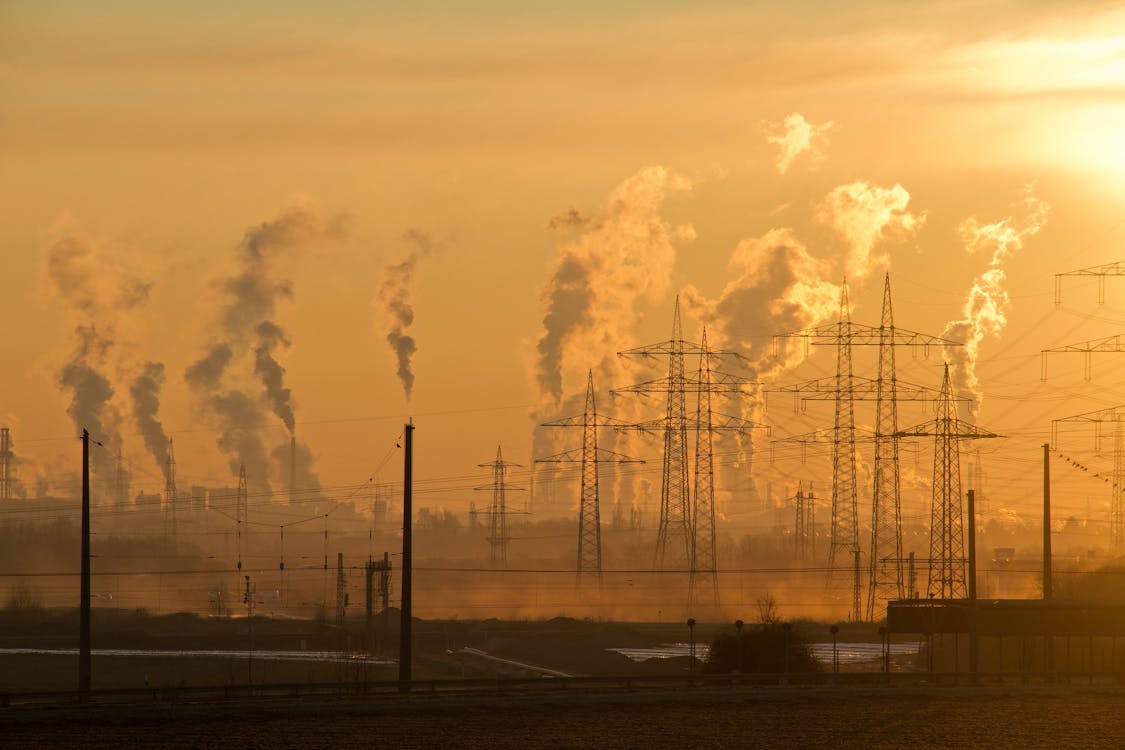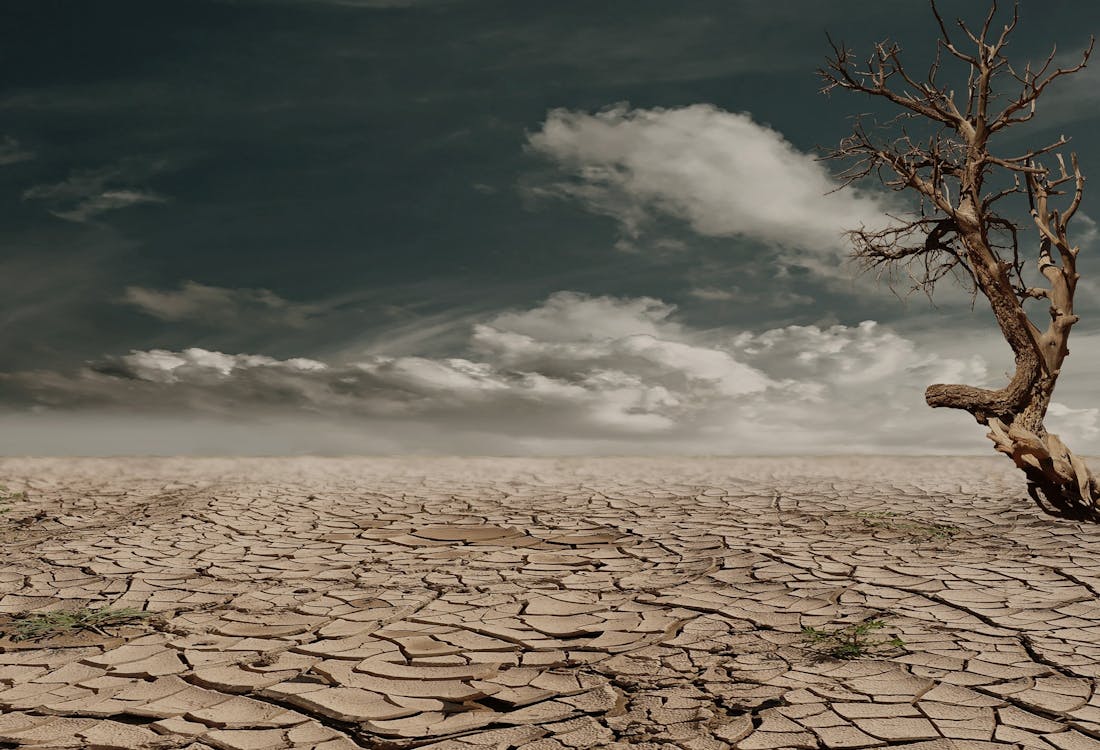Environmental pollution is a critical issue that has significant impacts on human health. Pollution refers to the presence of harmful substances in the environment, which cause negative effects on living organisms.

Air Pollution and Human Health
- Air pollution can cause respiratory problems, including asthma, bronchitis, and lung cancer. The inhalation of pollutants such as particulate matter, sulfur dioxide, nitrogen oxides, and ozone can damage the respiratory system and increase the risk of respiratory diseases.
- Air pollution can also cause cardiovascular diseases, such as heart attacks and strokes. Exposure to air pollutants can lead to inflammation and oxidative stress, which can cause damage to the cardiovascular system.
- Children and elderly people are particularly vulnerable to the health impacts of air pollution. Exposure to air pollutants during childhood can cause developmental problems and decrease lung function, while elderly people are more susceptible to the negative effects of air pollution due to age-related health issues.
- Air pollution can also affect mental health. Exposure to air pollutants has been linked to depression, anxiety, and cognitive decline.
Water Pollution and Human Health
- Water pollution can cause a range of health problems, including gastrointestinal illnesses, skin diseases, and reproductive problems. Drinking contaminated water or swimming in polluted water can lead to the ingestion of harmful substances, such as bacteria, viruses, and chemicals, which can cause illness and disease.
- Water pollution can also lead to the accumulation of toxic substances in fish and seafood, which can then be consumed by humans. This can lead to health problems, such as mercury poisoning.
- Exposure to certain chemicals in water, such as lead and arsenic, can also cause developmental problems in children.
- Water pollution can also affect mental health. Living in an area with contaminated water can cause stress and anxiety, particularly for people who rely on the water for their livelihoods.
Chemical Pollution and Human Health
- Chemical pollution can cause a range of health problems, depending on the specific chemical and the level of exposure. Some chemicals, such as lead and mercury, can cause neurological damage and developmental problems in children.
- Exposure to certain chemicals, such as pesticides and herbicides, can also cause cancer and other chronic illnesses.
- Chemical pollution can also affect reproductive health, including infertility and miscarriage.
- Chemical pollution can also affect mental health. Living in an area with high levels of chemical pollution can cause stress and anxiety, particularly for people who are worried about the health effects of exposure.

Noise Pollution and Human Health
- Noise pollution can cause hearing loss and other auditory problems. Exposure to loud noises can damage the delicate structures of the ear and cause permanent hearing loss.
- Noise pollution can also cause cardiovascular problems, including high blood pressure and heart disease. Exposure to loud noises can cause stress and anxiety, which can lead to changes in blood pressure and heart rate.
- Noise pollution can also affect mental health. Living in an area with high levels of noise pollution can cause stress, anxiety, and sleep disturbances.
Radiation Pollution and Human Health
- Radiation pollution can cause cancer and other health problems. Exposure to ionizing radiation, such as from nuclear accidents or medical procedures, can damage DNA and cause mutations that lead to cancer.
- Radiation pollution can
- Radiation pollution can also cause acute radiation sickness, which can include symptoms such as nausea, vomiting, and hair loss.
- Exposure to radiation can also affect reproductive health, including infertility and birth defects.
- Radiation pollution can also affect mental health. Living in an area with high levels of radiation can cause stress and anxiety, particularly for people who are worried about the health effects of exposure.
Climate Change and Human Health
- Climate change can cause a range of health problems, including respiratory diseases, infectious diseases, and cardiovascular diseases. Changes in temperature and precipitation patterns can lead to the spread of diseases and the proliferation of disease-carrying insects.
- Climate change can also lead to food and water shortages, which can cause malnutrition and starvation.
- Climate change can also affect mental health. Natural disasters, such as floods and hurricanes, can cause trauma and stress, and the uncertainty of climate change can cause anxiety and depression.

Soil Pollution and Human Health:
- Soil pollution can lead to the contamination of groundwater, which can then be used for drinking water.
- Exposure to contaminated soil can lead to an increased risk of cancer, particularly for people who work in industries that involve exposure to chemicals and pollutants.
- Soil pollution can also affect the nutritional quality of crops, which can lead to malnutrition and other health problems.
In conclusion, These are just a few examples of the many ways that environmental pollution can affect human health. It is important to continue researching and monitoring the health impacts of pollution in order to better understand the scope of the problem and identify effective solutions. By working to reduce pollution and protect the environment, we can promote better health outcomes for individuals and communities around the world.
#mechDNA